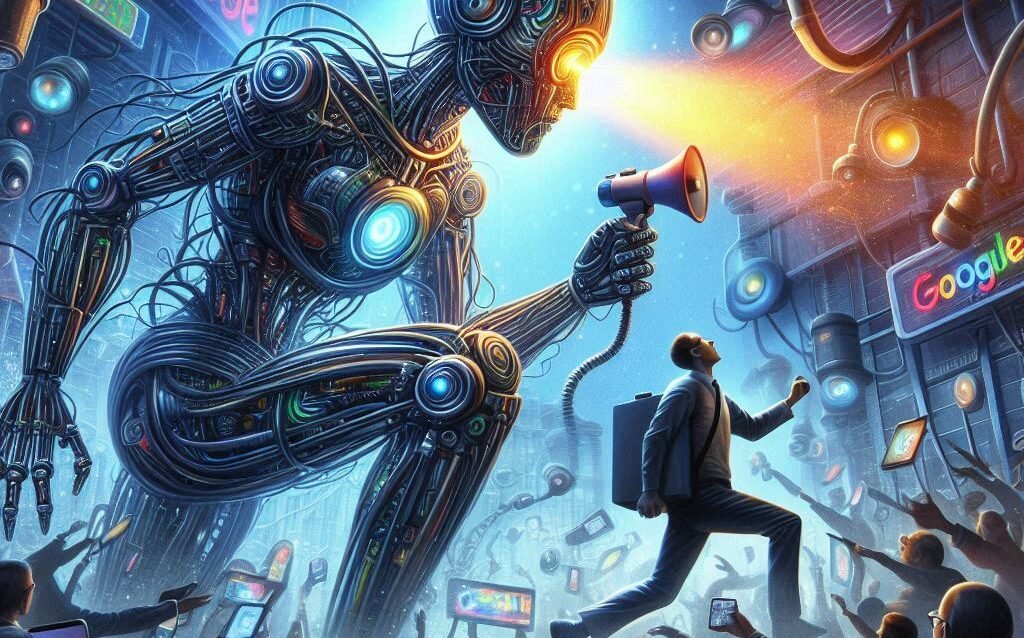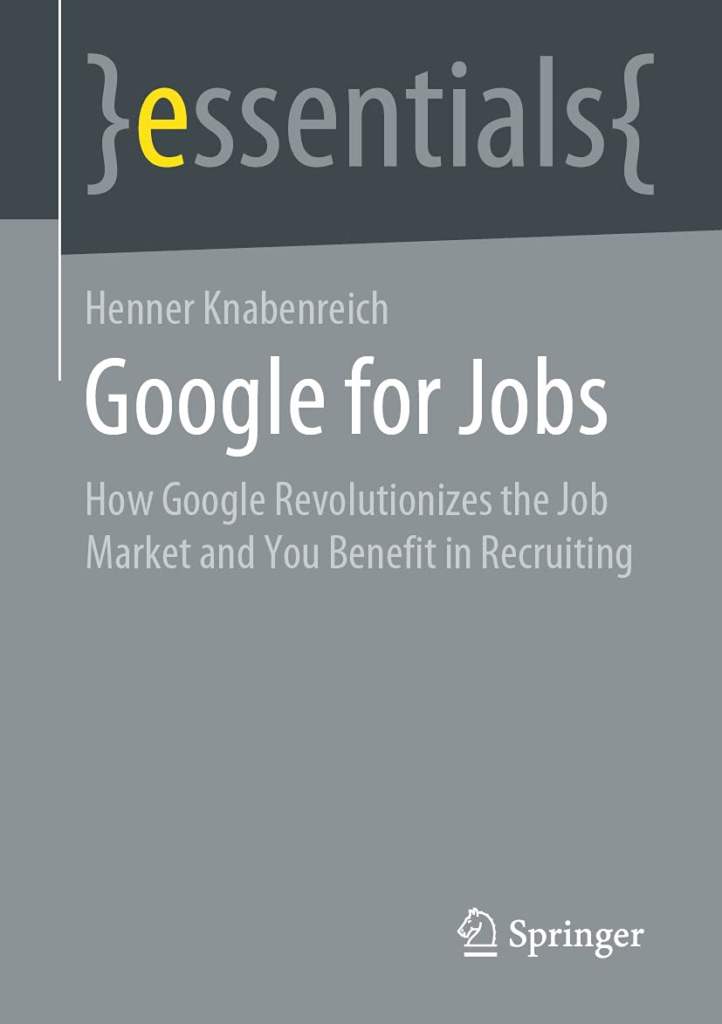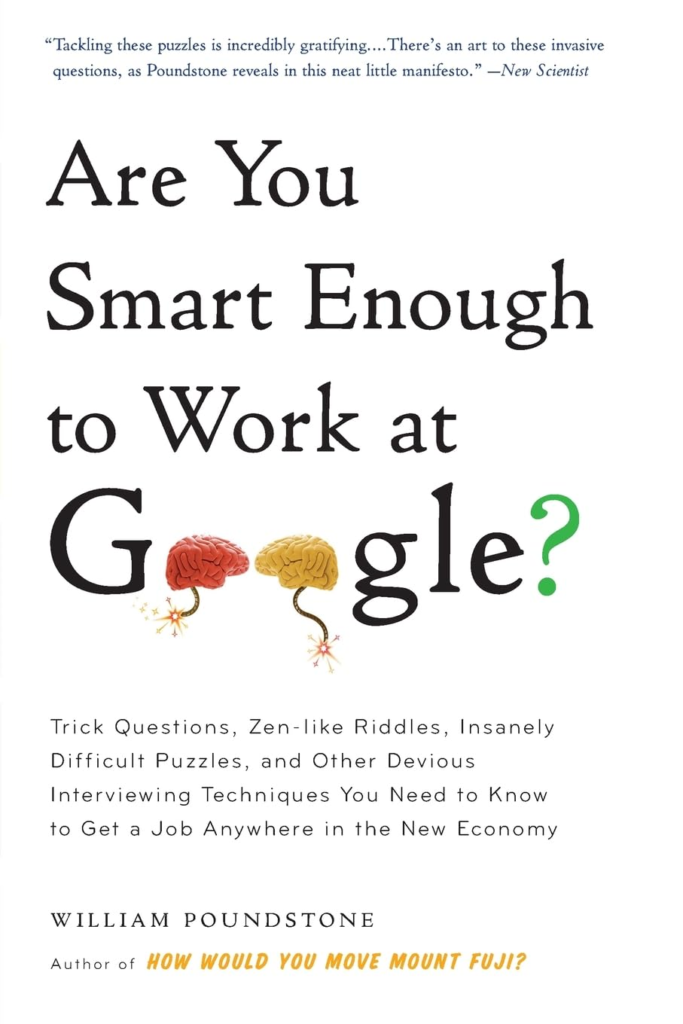AI in Advertising
The integration of artificial intelligence (AI) into the advertising industry has brought about a revolutionary shift in how businesses engage with consumers. Companies like Google are at the forefront of this transformation, leveraging AI technologies to enhance the effectiveness of their advertising strategies. Over the years, AI has evolved from simple algorithms to advanced machine learning systems capable of analyzing vast amounts of data in real-time. This progression has enabled more precise targeting and a better understanding of consumer behavior.
Currently, AI applications in advertising encompass a wide range of functionalities, including personalized ad placements, real-time bidding, and predictive analytics. These tools allow advertisers to efficiently allocate resources and tailor their messaging to specific audiences. By analyzing user interactions, preferences, and browsing habits, AI can create campaigns that resonate more deeply with potential customers, ultimately driving higher engagement rates and conversions.
The benefits of AI in advertising are manifold. Advertisers can experience increased operational efficiency as AI automates routine tasks, freeing up team members to focus on higher-level strategy and creative endeavors. Moreover, the enhanced targeting capabilities afforded by AI lead to improved return on investment (ROI) for advertising spending. Businesses utilizing AI-driven tools are better positioned to stay competitive, as they can quickly adapt to evolving market trends and consumer preferences.
As the advertising landscape continues to evolve, a noticeable shift toward automation is evident. The growing presence of AI suggests that traditional roles within advertising may be redefined, influencing the skill sets required for future job opportunities. This ongoing transformation raises questions about the implications for advertising jobs at Google and across the industry, highlighting the need for adaptability in an increasingly automated environment.
(Purchase today by clicking on the image)
The Role of AI in Job Automation
Artificial Intelligence (AI) has increasingly become an integral part of various industries, including advertising. At Google, AI technologies are progressively taking over traditional roles, leading to significant job automation. This shift is primarily seen in functions such as data analysis, campaign management, and content creation, where AI can perform tasks with efficiency that often surpasses human capabilities. For instance, data analysis, which requires sifting through vast amounts of information to extract actionable insights, has seen a notable transformation. AI algorithms can quickly identify trends and patterns that would take human analysts considerably longer to uncover.
Campaign management is another area significantly impacted by AI. With the ability to analyze consumer behaviors and preferences, AI is adept at managing and optimizing advertising campaigns in real time. The technology can adjust ad placements and budget allocations to enhance performance, reducing the need for human oversight in everyday operations. As these technologies evolve, they are increasingly capable of handling complex advertising strategies, traditionally the domain of experienced professionals.
Moreover, the automation of repetitive tasks raises concerns regarding entry-level positions. Roles that require basic data handling or straightforward campaign monitoring might diminish as companies adopt AI systems, primarily aimed at enhancing productivity and reducing costs. As a result, aspiring professionals in the advertising field may find themselves competing for fewer entry-level opportunities, leading to potentially altered career trajectories. The reliance on AI not only affects job availability but also necessitates a shift in skillsets, with a growing emphasis on digital literacy and advanced analytical skills, aligning with the demands of a more automated advertising landscape.
Skills Needed in the Age of AI
As artificial intelligence continues to permeate various aspects of the advertising industry, it becomes increasingly vital for professionals to possess a diverse skill set that can complement these advanced technologies. Among the essential competencies that will differentiate human workers from AI are adaptability, data literacy, and creative problem-solving abilities. In a landscape characterized by rapid technological advancement, the ability to quickly adjust to new tools and methodologies has never been more crucial.
Adaptability not only allows advertising professionals to stay relevant in an ever-changing environment but also fosters a mindset that embraces innovation. This is particularly important in light of AI’s capacity to analyze large datasets and automate repetitive tasks, which can lead to significant shifts in job roles and responsibilities. By cultivating a flexible approach to work, individuals can better respond to such transformations, ensuring their value within the team remains strong.
Data literacy represents another cornerstone skill in the age of AI. With advertising moving towards data-driven decision-making, professionals must be proficient in interpreting metrics and utilizing analytical tools. Understanding how to derive insights from consumer data and trends allows advertisers to craft more targeted campaigns. This competency not only enhances the effectiveness of strategies but also empowers professionals to leverage AI tools effectively for analyzing performance.
Moreover, creative problem-solving skills will become increasingly important as advertising dynamics evolve. Automated AI systems can process and analyze data but lack the innovation inherent in human thought. Professionals who can think outside the box, develop unique creative strategies, and tackle challenges with a fresh perspective will set themselves apart from their AI counterparts.
Recognizing the need for continuous improvement, the advertising community must embrace upskilling and reskilling initiatives. Various educational resources and training programs aimed at enhancing these competencies are available, helping professionals future-proof their careers amidst the ongoing integration of AI in advertising.
The Future of Advertising Jobs at Google
The landscape of advertising jobs at Google is poised for transformation as artificial intelligence (AI) technologies continue to advance at a rapid pace. The integration of AI into advertising processes has already begun reshaping the roles and skill sets required within the industry. As algorithms become more sophisticated and capable of handling a multitude of tasks, there is a growing need for professionals who can blend creative thinking with analytical prowess.
In the near future, we can expect the emergence of hybrid roles that necessitate a balance between creativity and data analytics. Positions such as AI-driven campaign strategists and data-informed creative directors are likely to gain prominence. These roles will require individuals to harness the power of AI tools while still employing human intuition and creativity to craft compelling advertising narratives. As AI takes on repetitive tasks, it provides professionals with the opportunity to focus on strategic thinking and innovative problem-solving.
However, the introduction of AI in advertising also raises important ethical considerations. Professionals must navigate the implications of AI-driven decisions on consumer privacy, data security, and the authenticity of advertising content. As these concerns become increasingly relevant, there will be a pressing demand for advertising professionals who are not only technically adept but also possess a strong ethical framework to guide their work. This aspect will be essential for maintaining consumer trust and adhering to regulatory standards.
For professionals aiming to thrive in this evolving landscape, adaptability will be crucial. Developing skills in AI technologies, enhancing data literacy, and maintaining an emphasis on creativity will be vital for career longevity in an AI-driven market. Engaging in continuous learning and seeking interdisciplinary opportunities will ensure that advertising professionals can navigate the complexities of a future where AI and human expertise coexist harmoniously.
(Purchase today by clicking on the image)






